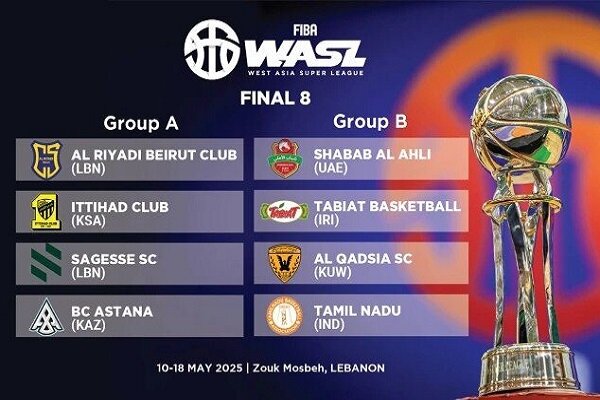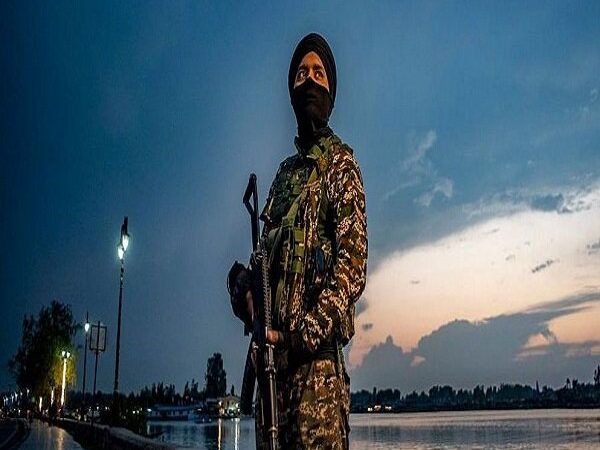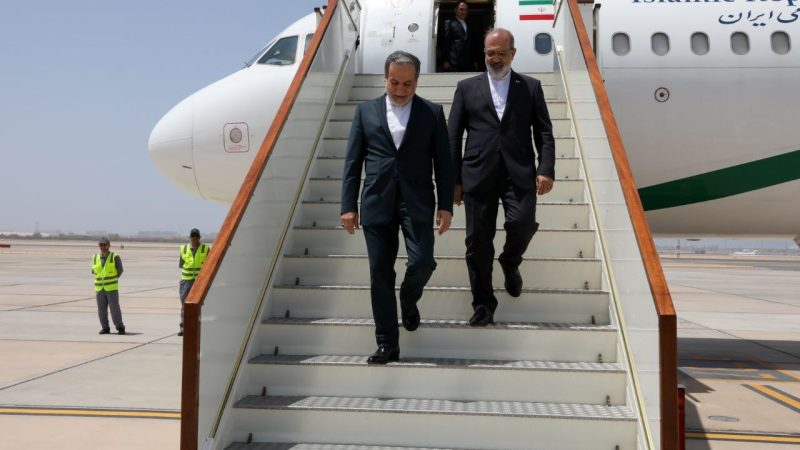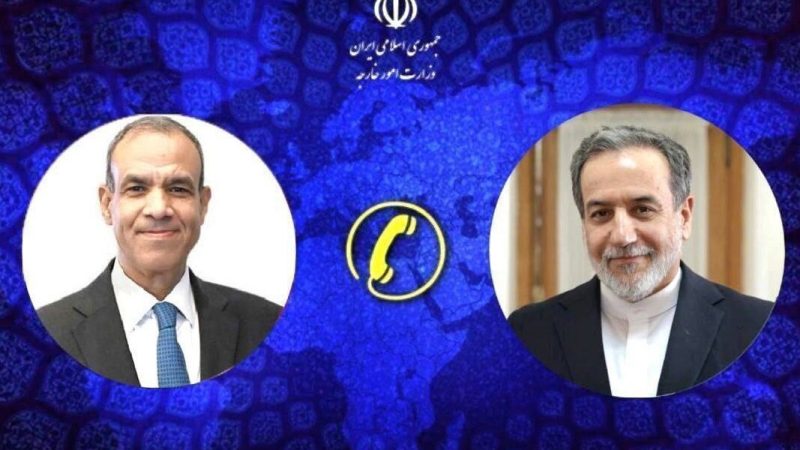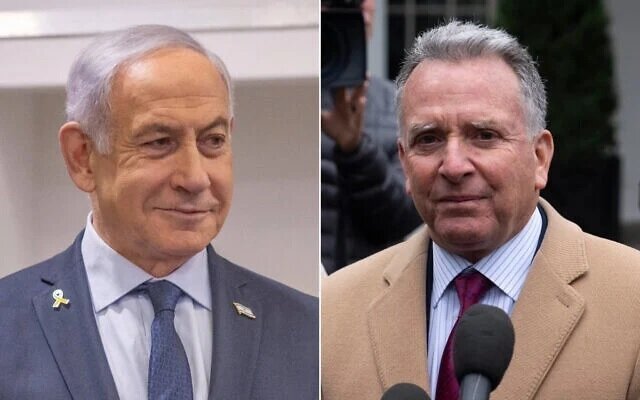‘Difficult but useful’: Iran and US tackle contentious issues in 4th round of talks
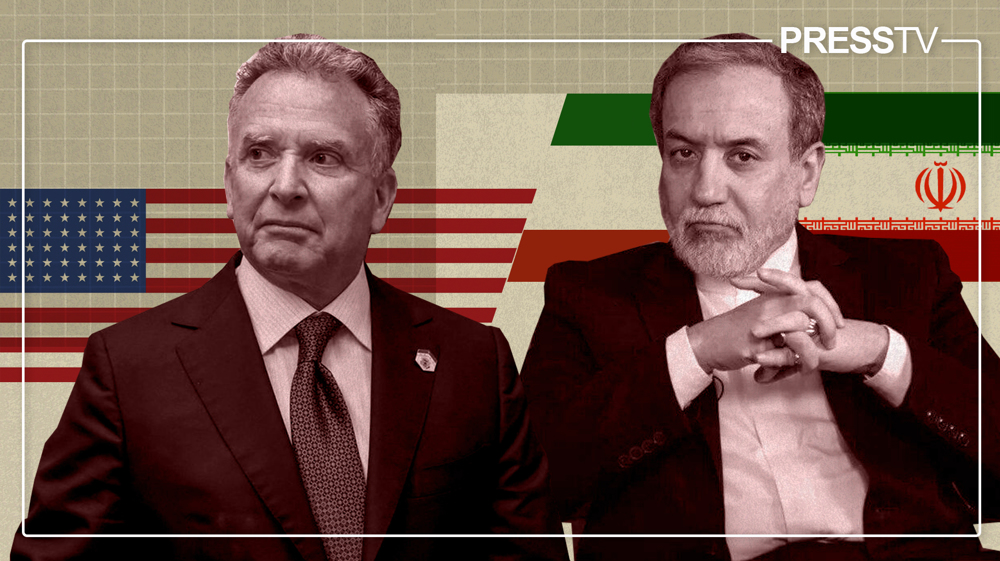
By Alireza Akbari
Days after mixed signals from the United States over Iran’s peaceful nuclear program, representatives of the two sides sat down again on Sunday for the fourth round of indirect talks, aiming to find the way forward.
Iranian Foreign Minister Abbas Araghchi, leading the Iranian side, and Steve Witkoff, leading the American side, held indirect discussions in the Omani capital, Muscat, and agreed to continue the process.
Speaking to reporters after the conclusion of the fourth round of talks, Iran’s lead negotiator said this round was “more serious and candid” than the previous three rounds.
“We’ve moved beyond generalities and started dealing with more detailed issues,” Araghchi said. “Naturally, that makes the talks more difficult—but despite the intensity and complexity, the negotiations were constructive.”
Pertinently, Sunday’s talks were originally scheduled for last week, but were delayed due to indecision and procrastination in the American camp.
On Friday, Witkoff gave an interview wherein he made deeply inflammatory and undiplomatic remarks regarding Iran’s nuclear program and enrichment.
He said Iran’s nuclear program must be completely dismantled and the enrichment of uranium must end, which drew a sharp reaction from the Iranian side.
A senior Iranian official, speaking to Press TV on Saturday, said the top American negotiator’s remarks confirmed the suspicion that the US is addicted to its maximum pressure policy against Iran.
The official warned that such positions not only reflect inconsistency and volatility within US decision-making circles but also strengthen the view in Tehran that neoconservative agendas and the influence of figures like Israeli prime minister Benjamin Netanyahu heavily shape American policy.
“Some even argue that the entire negotiation process from the outset has been a staged performance—meant to justify an eventual escalation in pressure and confrontation,” the official said.
Fourth round of talks
The Iranian delegation, led by Araghchi, arrived in Muscat earlier on Sunday, accompanied by high-level diplomatic and technical teams, including his political deputy, Majid Takht-Ravanchi.
Araghchi started the day by meeting his Omani counterpart, Badr Albusaidi, and thanking the brotherly country of Oman for its continued role in helping facilitate dialogue between Tehran and Washington
Albusaidi, reaffirming Oman’s commitment to supporting the process, briefed Araghchi on the preparations and arrangements made to ensure the talks move forward smoothly.
During their meeting, Araghchi also laid out Iran’s position on key issues shaping the ongoing negotiations underway since last month, most notably sanctions relief and Iran’s right to nuclear enrichment, which Tehran asserts are “non-negotiable.”
After that, Araghchi and the accompanying delegation drove to the venue of the talks, where the two sides held nearly three hours of closed-door talks through Omani mediation.
Following the marathon session, Iran’s Foreign Ministry spokesman, Esmaeil Baqaei, described the talks as “difficult but useful,” and said that both sides now have a clearer understanding of where the other stands.
For his part, Araghchi noted that both sides now have a clearer understanding of each other’s positions and that contentious issues were discussed in greater depth.
“I would say this round can be seen as a step forward,” he stated, confirming that both delegations had agreed to continue the talks.
“We’ve decided to move ahead with the next round. Both sides are committed. The exact date and venue will be determined by Oman’s foreign minister, based on the schedules of both teams. I expect it will take place in about a week, give or take.”
The top Iranian diplomat reaffirmed the country’s firm stance on its two main priorities — lifting sanctions and preserving the right to enrich uranium.
“From our point of view, enrichment must continue. There’s absolutely no room for compromise on that. While we may agree to some temporary limits—on levels, quantities, or scale—for the sake of building trust, but the fundamental right to enrichment is non-negotiable,” he asserted, dismissing what Witkoff said in his Friday interview.
Araghchi was equally clear and categorical on the issue of sanctions.
“The objective of these talks is to achieve sanctions relief. That is the basis of our participation in the negotiations, and this has been acknowledged by both sides,” he said.
Araghchi also expressed concern over the impact that “contradictory” messages from American officials have on the negotiations.
“One of the issues we raised today was that this approach is counterproductive and must be corrected,” he noted, in a veiled reference to recent remarks by US Secretary of State Marco Rubio, Defense Secretary Hegseth, and Witkoff himself.
He also warned that if such conduct continues, Iran will respond accordingly.
Defending legitimate rights
The Islamic Republic remained firm in its stance throughout this round. According to Baqaei, Iran was resolute in defending its legitimate rights under the Non-Proliferation Treaty (NPT), of which it is a signatory.
“We are equally resolved to work for the termination of unlawful and inhuman sanctions that have long been imposed on our people,” Baqaei wrote in a post on X (formerly Twitter).
The Iranian delegation in Muscat, as with the previous round, was composed of technical experts in legal, nuclear, and economic fields, reflecting the focus of the negotiations.
The fourth round of talks was held amid rising doubts about Washington’s sincerity and seriousness, particularly following Witkoff’s interview and comments by top Trump administration officials.
According to analysts, Washington’s weaponization of sanctions, coupled with deep-rooted infiltration of the Israeli lobby—particularly within US decision-making institutions such as the Office of Foreign Assets Control (OFAC)—continues to cast doubt on its willingness to honor any future commitments related to sanctions relief.
At the same time, analysts say the US has made little effort to convince Tehran of its resolve or capacity to actually lift sanctions—an issue that has become one of the main stumbling blocks in the ongoing talks.
The fourth round of negotiations followed a notable slowdown in momentum after the third round, primarily because the American side resorted to its policy of procrastination.
As discussions have deepened since the first round, the emergence of more contentious issues has further slowed progress and extended the duration of the talks, as was expected from the beginning.
Despite these challenges, the Iranian delegation has reiterated its readiness to continue the negotiations in good faith as long as the other side shows pragmatism and avoids contradictory statements.
Inconsistency on US side
US messaging in the lead-up to the fourth round was marked by glaring inconsistency and belligerent war rhetoric.
“An enrichment program can never exist in the state of Iran ever again. That’s our red line. No enrichment. That means dismantlement, it means no weaponization, and it means that Natanz, Fordow, and Isfahan—those are their three enrichment facilities—have to be dismantled,” Witkoff said in his Friday interview.
Speaking in Tehran before his departure to Muscat on Sunday, Araghchi also weighed in on recent remarks by Witkoff.
“Unfortunately, we are hearing numerous contradictory statements from the other side—both in their media interviews and in their official stances,” he said.
“Their positions shift between the negotiating table and the public stage. This inconsistency is one of the main obstacles in the talks.”
By contrast, Araghchi said, the Islamic Republic has maintained “clear and principled positions.”
“We’ve followed a straight and transparent course, grounded in legal and legitimate principles. Iran’s nuclear programme is entirely peaceful and has always operated under the supervision of the International Atomic Energy Agency (IAEA). It’s a matter of national rights—and not up for negotiation.”
He reiterated Iran’s unwavering stance on uranium enrichment.
“Enrichment is one of the major achievements and a source of national pride. It has come at a high cost—including the lives of our nuclear scientists. It is absolutely non-negotiable.”
Following the conclusion of this round of talks, Omani Foreign Minister Badr Albusaidi described the ongoing talks as including “useful and original ideas reflecting a shared wish to reach an honourable agreement.”
“The fifth round of talks will take place once both parties have consulted their leaderships,” he added.
The current track of indirect negotiations began on April 12 in Muscat, in what both sides described as a “constructive atmosphere” marked by mutual respect.
Initial positions were exchanged on Iran’s nuclear programme and sanctions, with Oman serving as the go-between.
A week later, the second round held in Rome on April 19 was deemed “productive,” with Iranian officials noting the talks were “moving forward.”
The third round, on April 26 in Muscat, brought a more serious tone, featuring expert-level participation and deeper, more technical discussions, paving the way for the fourth round’s more candid exchanges

